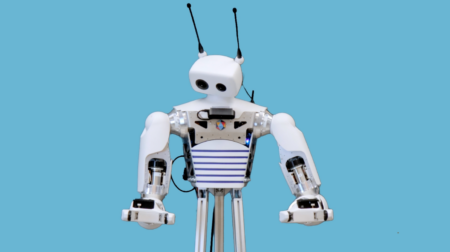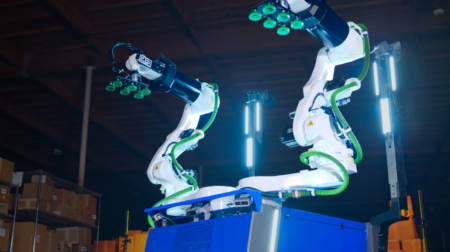The UK’s National Centre for the Replacement, Refinement and Reduction of Animals in Research (NC3Rs) is challenging tech developers to create ‘virtual dogs’ that scientists can use to predict the adverse effects of drugs before their first use in humans.
The £2.7m ‘Virtual Second Species’ challenge forms a part of the NC3Rs CRACK IT Challenges competition, established to fund collaborative R&D to deliver products or services for the bioscience sector to revise their use of animals.
With some 2,082 experiments in the UK reportedly using dogs as part of testing in 2020, the NC3Rs is encouraging developers to devise models that use advanced mathematical modelling and machine-learning approaches and years of accumulated dog study data to predict the unexpected and detrimental effects of drugs on human health, particularly in major organs.
According to the NC3Rs, current regulation requires drugs to be tested in two species to monitor for issues: a rodent, such as a rat, followed by a non-rodent, such as a dog. However, the organisation claimed that this method is not always indicative of the adverse effects that will be detected in humans.
The innovations that result from the challenge could deliver significant cost benefits for industry – with typical studies involving animals reportedly costing more than £500,000 – while increasing the speed of decisions for safe drugs, reducing testing and failed drug development projects, said the NC3Rs.
The NC3Rs works with the National Centre for Universities and Business through the free-to-use konfer platform, a free-to-use innovation collaboration platform that uses AI-powered smart matching technology to connect businesses with relevant research and innovation partners from universities.
Dr Anthony Holmes, director of science and technology at the NC3Rs, said: “As we seek to shift the paradigm of the use of dogs in drug testing, we’re keen to make use of the large amounts of dog study data within pharmaceutical companies to create a virtual dog to determine drug toxicities.
“Konfer’s smart-matching technology offers a speedy, cost-effective route to collaboration, and we look forward to working alongside the UK’s brightest minds to tackle an acute issue in drug development.”
The competition is delivered in partnership with eTransafe – an Innovative Medicines Initiative (IMI) collaboration – and Simomics, supported by sponsors Bayer, Eli Lilly, Genentech, Gilead Sciences, GSK, Merck Healthcare KGaA and Roche.








